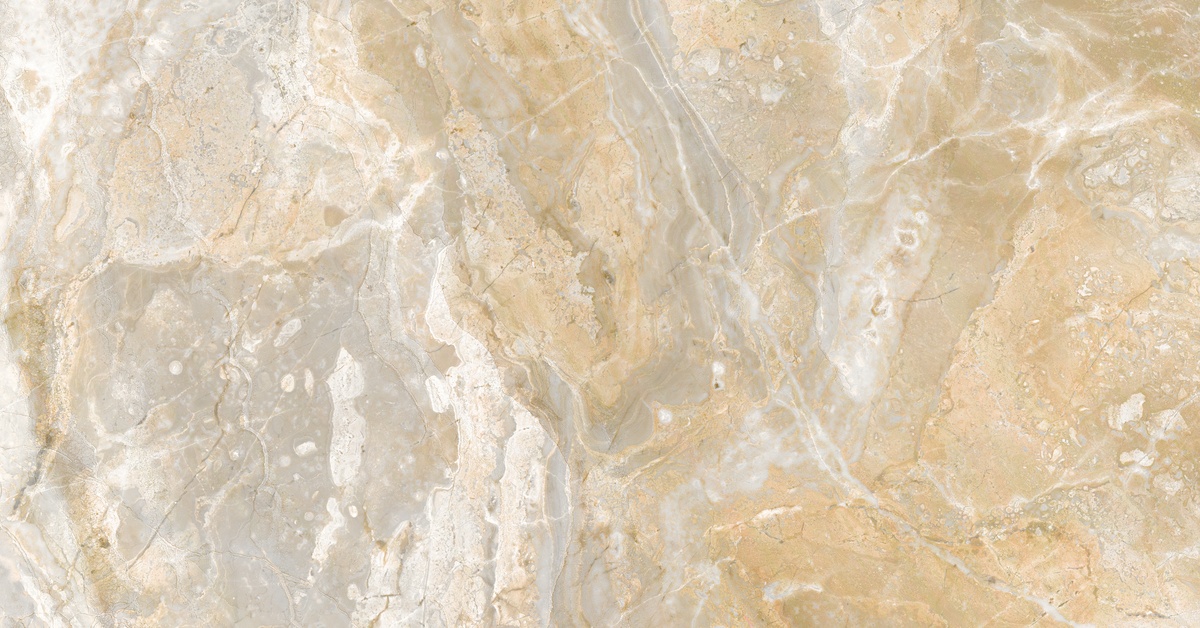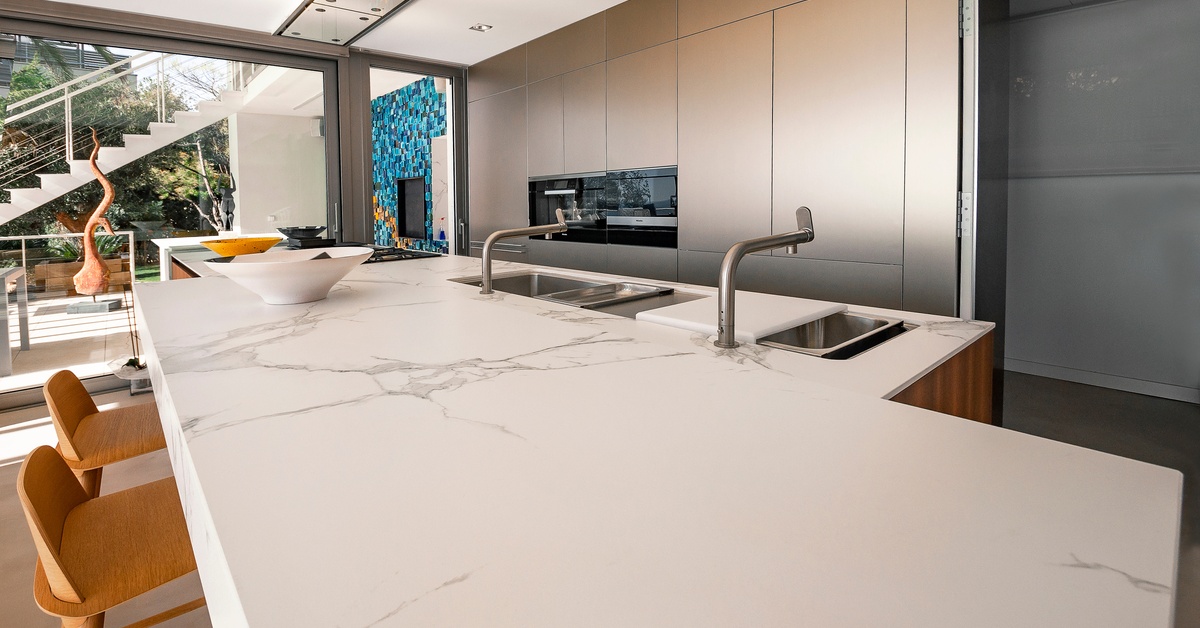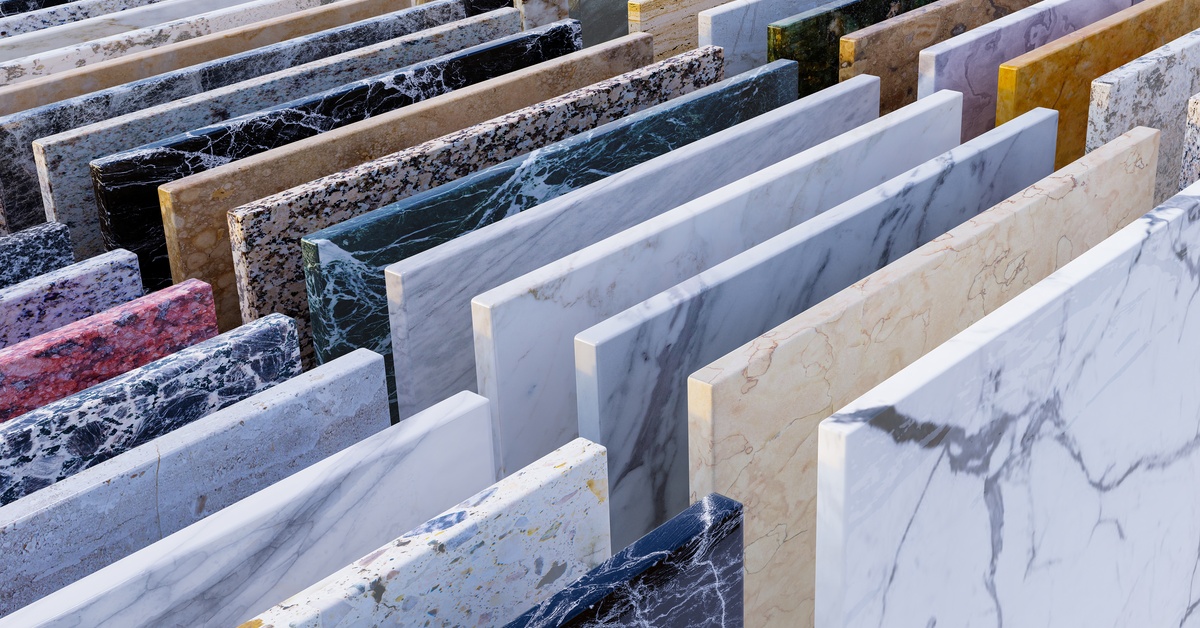Innovations That Have Changed Material Handling Equipment
Material handling has evolved with groundbreaking advancements that enhance efficiency, safety, and productivity in industrial operations around the world.
FREE SHIPPING FOR ALL ORDERS ABOVE $250 | Except LTL Shipments

Material handling has evolved with groundbreaking advancements that enhance efficiency, safety, and productivity in industrial operations around the world.
Deciding between manual and automatic tile cutters? Compare their features, efficiency, and ease of use to choose the right tool for precise tile cutting.
Prevent errors in natural stone projects and achieve flawless results and long-lasting pieces with the following advice on proper techniques and care.
Natural stone countertops are a durable, stylish choice for residential and commercial spaces. Their unique patterns and strong surfaces add sophistication to rooms including kitchens and bathrooms. However, maintenance is essential to preserve. This raises the question of how frequently you should how often to reseal natural stone countertops. Continue reading to understand the importance of sealing stone countertops, resealing frequency, and factors that influence countertop care.
Natural stone—such as granite, marble, quartzite, and travertine—is porous. The surface contains microscopic holes that can absorb moisture, oils, and stains if left unsealed. Over time, this can compromise its appearance and structural integrity.
Sealing acts as a protective barrier, helping to guard against spills, stains, and general wear. Well-sealed stone surfaces also make routine cleaning easier since dirt and grime can’t penetrate the material.
Even materials less porous materials like quartz or porcelain benefit from a quality sealer. These surfaces, while low maintenance, can still absorb fine particles or experience surface dulling without adequate sealing care.
Determining when your natural stone countertops need resealing is simple and requires a quick test. The water droplet test is the most common and reliable method. Here’s how it works:
The sealant is still intact if the water beads up and sits on the surface. If the water spreads out and darkens the stone, the surface has started to absorb liquid, a clear sign that resealing is necessary.
Additional signs that it might be time to reseal include:

The question—how often to reseal your natural stone countertops—doesn’t have one answer. The timeline for resealing varies depending on several factors.
The type of stone largely determines the countertop’s porosity level. Here’s a quick reference to know when it’s time to reseal:
Countertops in high-traffic spaces, such as kitchens in busy households or restaurants, experience more wear and exposure to acids, oils, and moisture than in seldom-used spaces like guest bathrooms. Heavily used areas generally need resealing more frequently.
The durability of the sealant applied plays a critical role. Some premium sealers can protect stone surfaces for up to five years under normal conditions.
Regular care and cleaning methods impact the longevity of your countertop sealant. Using harsh chemicals or abrasive sponges can speed up the breakdown of a sealed surface, while proper cleaning with pH-neutral solutions extends the lifespan of the protective barrier.

Resealing countertops is a straightforward process. Here are the steps to effectively seal stone countertops.
Thoroughly clean the surface by removing any dirt, oils, or debris using a neutral cleaner to avoid damage to the material. Once it’s clean, ensure the countertop is completely dry before proceeding.
The appropriate sealer depends on your stone type. For example, cutting granite versus working with quartz involves different requirements. Solvent-based sealers generally offer longer-lasting protection compared to water-based products.
Follow the manufacturer’s instructions for application to ensure the best results. Typically, you’ll need a clean cloth, brush, or roller to apply the sealer in smooth, even overlapping layers.
Be sure to cover the entire surface thoroughly. Avoid leaving any gaps or uneven spots for a consistent finish.
Allow the sealant enough time to absorb into the stone and cure fully. This process can take two hours to two days, depending on the product and the type of stone.
Once dry, buff the countertop gently to reveal a maintained, polished look that feels smooth. Professional-grade sealants and resealing tools are readily available through suppliers specializing in stone and tile products.
Sealing stone surfaces is a critical step, but it’s just as essential to avoid common pitfalls that could compromise the effectiveness of your efforts. By understanding these mistakes, you can ensure your countertops remain protected and maintain their pristine appearance for years to come.
Failing to clean the stone thoroughly before sealing can trap dirt, grime, and stains beneath the sealant.
Not all sealers suit every type of stone. Using an incorrect product can lead to poor results or even damage the stone. Always verify the product’s compatibility with the countertop’s material.
Over-application can cause uneven patches or a sticky residue on the stone surface.
Impatience during curing can compromise the sealant’s effectiveness. Always allow ample time for the sealer to set fully.
Understanding how often to reseal natural stone countertops depends on the type of stone, how you use the countertop, and the sealant applied. Regular maintenance is the key to preserving the beauty and strength of natural stone countertops.
When it comes to achieving exceptional results, partnering with the right supplier makes all the difference in the appearance and longevity of the stone. Detroit Diamond Tools offers a comprehensive range of high-performance products for the stone and tiling industry. As trusted diamond tool suppliers, we prioritize quality and durability to ensure we exceed our customers’ expectations on each project.
We inventory products you see on our site
On all ground shipping Items
We'll beat the price from any competitor
Dedicated sales & support team
